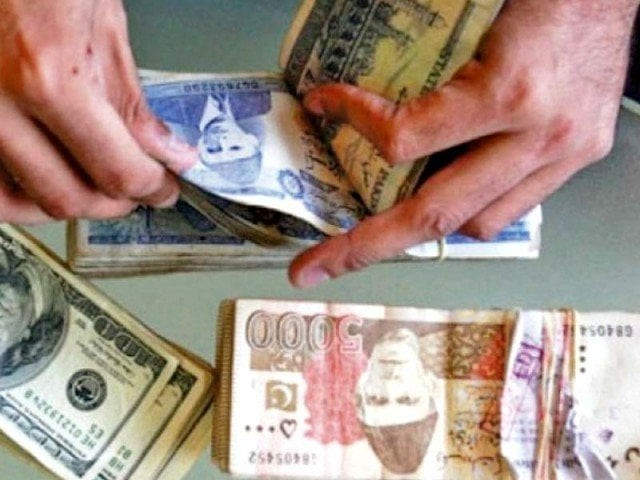Questioning the economic value of current Islamic banks
Need for them to shift from money management to adding broader socio-economic services

Need for them to shift from money management to adding broader socio-economic services. PHOTO: FILE
A replica, however, by its very nature and definition is inferior to the original, and should sell for a significantly lower price. Islamic banking products are certainly not replicas in this sense, as in most cases they happen to be more expensive than their conventional counterparts.
Prospects of Islamic banking in Pakistan
While structures of these products fulfill basic Shariah requirements, they are not novel in their economic profiles. Islamic banking faces cynicism from those who expect it to be different from conventional banking not merely in terms of adherence to Shariah principles but also in terms of its socio-economic implications.
What Islamic banks are doing wrong
Because of limited economic value addition by Islamic banks and financial institution and relative dearness of Islamic financial products, Islamic banking and finance has emerged as an elitist phenomenon. It is therefore not a co-incidence that it is more popular in the countries where Muslims have higher per-capita income and wealth. Within other countries, Islamic banking and finance is serving the relatively affluent segments of the society.
It is only fair to accept that Islamic banks have retained basic features of conventional banks that are no more than money managers. Islamic banks on the other hand should have been structured as trading houses, which has to date been not the case, as they by and large do not get involved in trading. They merely finance trading activities of their clients, with the help of contracts like Morabaha and salam.
As such their returns are based on financing and not trading. As financiers, the managers of Islamic banks think like financiers and not traders.
Pakistan ranks third in Islamic finance awards
If an Islamic banker thinks like a financier, acts like a financier, prices his products like a financier, and penalises defaulters like a financier, then he is involved in tapping. Such an Islamic banker is a tapper.
If an Islamic bank is involved in tapping, it does not add economic value to conventional banking. Tapping, in other words, is nothing but meeting basic Shariah requirements without adding any economic value.
Islamic banking and tapping
In tapping-based Islamic banking and finance, the prohibition of interest is merely a Shariah technicality, without a substance. In this context, Islamic banking is a little more than a sub-set of conventional banking and definitely not an alternative.
As long as Islamic banks remain involved in money management, they will do nothing more than tapping. For Islamic banks to add real value to the societies and communities they serve they will have to add broader socio-economic services to their product offerings. Many critics would argue that Islamic banking as a phrase is a contradiction in terms. According to this argument, Islamic financial doctrines can best be implemented outside a banking context. It is argued that a charity or donation-based model better suits Islamic financing. It is proposed that an Islamic financing model could be based on a for-profit-philanthropy (FPP) model.
An FPP branch could be deemed successful if it has improved levels of employment, education and earnings, and by doing do so has enriched the lifestyle in its catchment. With the increased use of FinTech in financial services, it is not only possible but is also expected to drive businesses in future.
Alternatives
There have been some interesting initiatives that could have been developed into viable improvements to conventional banking, if not full-fledged Islamic alternatives.
Pre-tax: Islamic banking industry’s profit surges to Rs4.8b
The initial thinking behind Modaraba companies in Pakistan was a model for developing an alternative to conventional banking but that initiative received little strategic attention by the subsequent policymakers.
The Securities and Exchange Commission of Pakistan (SECP) remained indifferent to the recently exposed Modaraba scandal in Pakistan, giving a bad name to an otherwise sound business model.
Modaraba Companies, which still operate in Pakistan, nevertheless target relatively sophisticated investors in the society. The proposed FPP-based model could be used to bring masses and financial excluded segments of the society into banking and finance.
In Pakistan, there is no harm in using existing banks (conventional as well as Islamic) for basic banking needs (like current accounts and safe custody), as banks are not heavily involved in financing any way. Islamic finance should reposition outside the banking sector where there is scope as nearly two-thirds of bankable population is still outside the banking sector.
The writer is an economist with a PhD from the University of Cambridge
Published in The Express Tribune, January 25th, 2016.
Like Business on Facebook, follow @TribuneBiz on Twitter to stay informed and join in the conversation.


















COMMENTS
Comments are moderated and generally will be posted if they are on-topic and not abusive.
For more information, please see our Comments FAQ